Information Desk | Nov 13, 2024
Table of Content
- Introduction
- 1. Understand the Job Role and Company
- 2. Prepare Your Resume and Portfolio (Even if It's Short)
- 3. Practice Common Interview Questions
- 4. Be Ready for Behavioral Questions
- 5. Dress Appropriately
- 6. Ask Insightful Questions
- 7. Follow Up After the Interview
- Conclusion
Categories
"Ace Your First Job Interview: Tips for Freshers"
Introduction
The transition from college to career can be both exciting
and daunting, especially when it comes to job interviews. For freshers (new
graduates entering the workforce), the interview process can feel like
navigating uncharted territory. But don't worry—preparation is key, and with
the right approach, you can stand out even as a first-time job seeker. Whether
you're applying for an internship or your first full-time role, understanding
what employers expect from freshers can set you up for success.
In this post, we’ll walk through the essential steps to
prepare for your job interview, from crafting your resume to handling tricky
questions, and everything in between. Let's dive in!
1. Understand the Job Role and Company
Before you even step into the interview room (or log onto a
virtual interview), it’s crucial to do your homework.
Research the company: Understand its mission, values, and
recent developments. Look into the company culture and how your personal values
align with it. Employers appreciate candidates who demonstrate genuine interest
in the company.
Know the job description: Pay attention to the key skills
and qualifications listed. While you may not have all the experience, focus on
transferable skills or academic projects that match the role.
Tip: Craft a brief pitch on why you’re interested in
the company and the specific role. This helps you sound more confident and
motivated when discussing why you’re applying.
2. Prepare Your Resume and Portfolio (Even if It's Short)
As a fresher, your experience might be limited, but that
doesn’t mean you don’t have valuable skills.
Highlight your education: Emphasize any coursework, special
projects, or academic achievements that demonstrate your ability to excel in
the job you’re applying for.
Showcase internships or volunteer work: These experiences
often offer transferable skills like teamwork, communication, and
problem-solving.
Make a portfolio (if applicable): To display your work, make
a portfolio if you work in an area like marketing, writing, or design. Show off
any personal projects or assignments you've worked on.
Tip: Be concise in listing your experiences—focus on
achievements or outcomes (e.g., "led a team project that resulted in
X").
3. Practice Common Interview Questions
While it’s impossible to predict every question, there are a
few standard ones you’ll likely encounter. Prepare and rehearse your answers to
questions like:
Tell me about yourself: This is usually the first question.
Craft a succinct response that highlights your education, skills, and career
aspirations.
What are your strengths and weaknesses? Focus on strengths
that relate to the job. When talking about weaknesses, choose something that
you’re actively working to improve (e.g., “I’m working on being more assertive
in group discussions”).
Why do you want to work here? This is where your research
comes in handy. Link your interests to the company’s values, mission, or
industry.
Tip: Practice answering questions out loud. This
helps you sound more natural and composed during the interview.
4. Be Ready for Behavioral Questions
Employers may ask behavioral questions to understand how you
handle real-world situations. These typically start with "Tell me about a
time when..." or "Give an example of..." The goal is to evaluate
your problem-solving, leadership, and interpersonal skills.
Use the STAR method: This stands for Situation, Task,
Action, and Result. It’s a simple yet effective framework for structuring your
answers.
Situation: Describe the context.
Task: Explain your responsibility.
Action: Detail the steps you took.
Result: Share the outcome, ideally a positive one.
Tip: Even if you don’t have professional experience,
pull examples from your academic or extracurricular activities. For instance,
you might explain how you led a student project or resolved a group conflict.
5. Dress Appropriately
First impressions matter, and the way you present yourself
can leave a lasting impact. Dress in professional attire that suits the company
culture. For corporate jobs, opt for business formal; for startups, business
casual might be more appropriate.
Tip: Even if the interview is virtual, dress
professionally from head to toe. It’ll help you feel more confident and
focused.
6. Ask Insightful Questions
At the end of the interview, you'll likely be given the
chance to ask questions. This is a great opportunity to demonstrate your
interest in the role and the company.
Some thoughtful questions include:
- What does success look like in this role?
- What are the opportunities for growth and development?
- Can you describe the team dynamics?
Tip: Avoid asking questions that could be easily
answered by reading the job description or company website.
7. Follow Up After the Interview
A well-timed follow-up can set you apart from other
candidates. Send a thank-you email within 24 hours, expressing your
appreciation for the opportunity to interview and reaffirming your enthusiasm
for the role.
Tip: In your email, briefly highlight a key point
from the interview that reinforces your fit for the position.
Conclusion
Job interviews can be intimidating for freshers, but they
are also an opportunity to showcase your potential. By preparing effectively,
you can confidently present yourself as a motivated, capable candidate.
Remember, every interview is a learning experience—if you don’t land the job,
take note of feedback and refine your approach for next time.
Good luck with your interview preparation, and remember: success often comes to those who are prepared and persistent!

